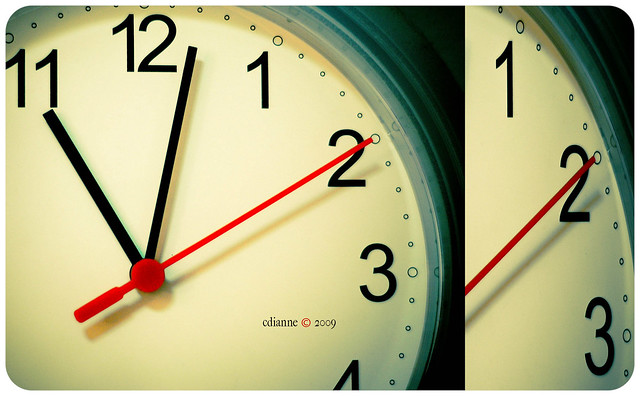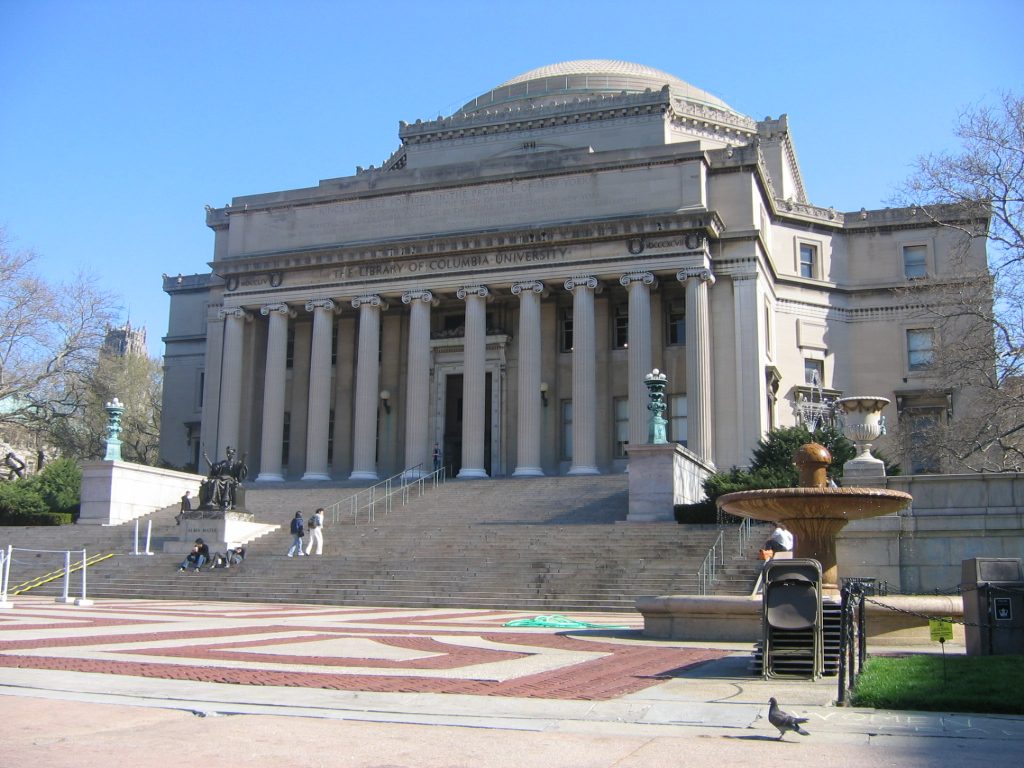
The Journal of Biological Chemistry has retracted two papers by a Georgia State University researcher, as well as flagged eight more with expressions of concern, a move the scientist called “unfair and unjustified.”
Ming-Hui Zou, the common author on all ten papers — as well as on two more that have been corrected by the same journal — is, according to Georgia State,
an internationally recognized researcher in molecular and translational medicine and a Georgia Research Alliance Eminent Scholar in Molecular Medicine and associate vice president for research at Georgia State University…
Zou was at the University of Oklahoma when the papers in question were published. He moved to Georgia State in 2015.
Here’s the retraction notice for “Reactive nitrogen species is required for the activation of the AMP-activated protein kinase by statin in vivo,” published in 2008 Zou as the last author:
Continue reading Georgia State researcher has two papers retracted, eight flagged. He’s not happy about it.
 Sam W. Lee, a Harvard researcher — or perhaps former Harvard researcher — who has
Sam W. Lee, a Harvard researcher — or perhaps former Harvard researcher — who has 
 Retraction Watch readers may recall the name Erin Potts-Kant. We’ve been reporting on retractions by Potts-Kant, a former lab tech at Duke,
Retraction Watch readers may recall the name Erin Potts-Kant. We’ve been reporting on retractions by Potts-Kant, a former lab tech at Duke, 
 When Venkata Sudheer Kumar Ramadugu, then a postdoc at the University of Michigan, admitted to the university on June 28 of last year that he had committed research misconduct in a paper that appeared in
When Venkata Sudheer Kumar Ramadugu, then a postdoc at the University of Michigan, admitted to the university on June 28 of last year that he had committed research misconduct in a paper that appeared in 
 Imagine you’re a journal editor. A group of authors sends you a request to retract one of their papers, saying that “during figure assembly certain images were inappropriately processed.”
Imagine you’re a journal editor. A group of authors sends you a request to retract one of their papers, saying that “during figure assembly certain images were inappropriately processed.”